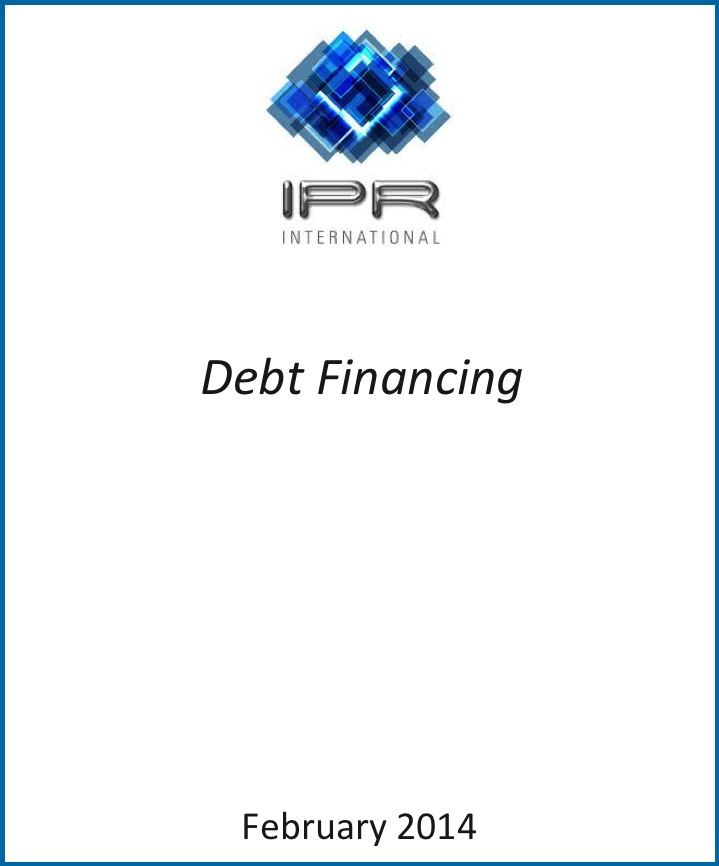Yahoo’s Alibaba Cash Enables Tumblr-Sized Deals: Real M&A
Click here to view the original article.
By Tara Lachapelle
March 18, 2014
Alibaba Group Holding Ltd. may give Marissa Mayer a $10 billion chance to accelerate her dealmaking.
Since Mayer became chief executive officer of Yahoo! Inc. (YHOO) in July 2012, she’s focused on acquisitions of small companies, with the exception of Tumblr Inc. for $1.1 billion last year. While the Sunnyvale, California-based Web portal gained engineering talent with the three dozen deals Mayer struck, that won’t be enough to keep revenue from falling again this year, according to analysts’ projections compiled by Bloomberg.
Yahoo’s stock has been buoyed by its about 24 percent stake in Alibaba, China’s biggest e-commerce company, which is preparing to go public. The chunk of Alibaba shares Yahoo plans to sell could at least double its $5 billion cash stockpile for buybacks and acquisitions, JMP Group Inc. said, giving the company firepower to restore growth faster. Yahoo also could go after mobile-applications and websites such as Pinterest, Snapchat or OpenTable Inc. (OPEN), SunTrust Banks Inc. said.

Yahoo! Inc. CEO Marissa Mayer
Chris Ratcliffe/Bloomberg
Since Marissa Mayer became chief executive officer of Yahoo! Inc. in July 2012, she’s focused on acquisitions of small companies, with the exception of Tumblr Inc. for $1.1 billion last year.
“They’ve been doing these tuck-in acquisitions, but on the table is something larger,” Robert Peck, a New York-based analyst at SunTrust, said in a phone interview. “Mayer wants to focus on mobile, video and even social, so anything that plays to those means would be interesting.”
Sarah Meron, a spokeswoman for Yahoo, declined to comment on the company’s plans for its cash or acquisitions it may make. Tiffany Fox, a spokeswoman for OpenTable, and Mithya Srinivasan, a spokeswoman for Pinterest, said the companies don’t comment on takeover speculation. Representatives for Snapchat didn’t respond to a request for comment.
Growth Potential
“We want to acquire companies that would have inherent growth themselves so that they are, what I call, growth accretive,” Ken Goldman, Yahoo’s chief financial officer, said at a Morgan Stanley conference March 4.
Yahoo’s revenue declined in four of the past five years, data compiled by Bloomberg show. The exception was 2012 when it increased by less than half a percent. Analysts estimate the company will generate $4.5 billion in sales in 2014, a 3.8 percent drop from last year, the data show.
Even so, the stock has surged almost 80 percent in the past 12 months as investors await the IPO of Alibaba, which has yet to price. Alibaba said in a statement this week that it has decided to start the process for a U.S. listing, which may be the biggest since Facebook Inc. in 2012.

Photographer: Brent Lewin/Bloomberg
Yahoo’s stock has been buoyed by its about 24 percent stake in Alibaba, China’s biggest e-commerce company, which is preparing to go public.
“There’s a fair amount of excitement over the windfall that’s going to land on Yahoo’s balance sheet,” Colin Gillis, a New York-based analyst at BGC Partners Inc., said in a phone interview. Exactly how much “comes down to what Alibaba prices at. But either way, it’s going to be a nice chunk of change.”
Alibaba Value
Last month, the average valuation forecast for Alibaba was $153 billion, based on 10 analysts’ estimates compiled by Bloomberg News. That implies almost $37 billion for Yahoo’s stake in the Hangzhou, China-based company. Yahoo’s own market value is about $40 billion.
Even if Alibaba commanded just $100 billion, Yahoo could sell a 10 percent position and still receive more than $6 billion in cash after taxes, according to Ronald Josey, a New York-based analyst at JMP Securities, a unit of JMP Group. That would leave Yahoo with at least $11 billion of cash.
“Alibaba is the spark,” Josey said in a phone interview. “The big debate right now is, post-Alibaba, what do they do with this cash and can the core business actually start growing again?”
While much of the Alibaba proceeds will probably be used to repurchase shares, there will still be plenty left over to continue making acquisitions, Peck of Suntrust said.
Expensive Targets
Yahoo could pursue a larger deal for a content provider such as Pinterest, which lets users bookmark images or recipes to share with their social network, or Snapchat, a photo-sharing app, he said. Another possibility is a website focused on local data such as OpenTable, the $2 billion online restaurant reservation service, according to Peck.
Valuations for Internet companies are high right now and many of them don’t yet generate sales, Gillis of BGC said. Yahoo is also competing against the likes of Facebook Inc. and others for those targets, he said.
Facebook announced last month that it’s buying WhatsApp Inc. for $19 billion, without disclosing whether the text-message service had any sales.
“My concern, if I were in Marissa Mayer’s shoes, is that with a significant acquisition you’re going to pay a big premium and you’re putting an awful lot of eggs into one basket,” James Cassel, chairman and co-founder of investment-banking firm Cassel Salpeter & Co. in Miami, said in a phone interview.
Pricey Purchase
Under Mayer’s watch, Yahoo bought Tumblr in May for $1.1 billion, which represented the richest valuation for a dot-com company since 2000, according to data compiled by Bloomberg on deals for which revenue figures were available.
Yahoo could instead look for targets that would bolster its revenue from advertising technology, Josey of JMP said. Yahoo’s share of the U.S. digital-ad market is projected to shrink to 5 percent in 2015 from 5.8 percent last year, while rivals Google Inc. and Facebook may expand their shares to 42 percent and 9 percent respectively, according to an EMarketer Inc. report published Dec. 19.
“Companies that have revenue are going to be less flashy,” Gillis at BCG said.
Mayer unveiled updated advertising services in January, including a service to help marketers more accurately target audiences and a new ad exchange, which gives companies more tools to manage promotions on their websites.
Yahoo’s “stock has done very well based on Alibaba, but really as far as Mayer’s regime, it will start to be gauged by the success” in turning around Yahoo and bringing back its growth, Peck said. “That’s really where her legacy will start.”



 To sell or not to sell? That is the question weighing on the minds of many middle-market business owners as they approach what would have previously been their retirement years.
To sell or not to sell? That is the question weighing on the minds of many middle-market business owners as they approach what would have previously been their retirement years.



